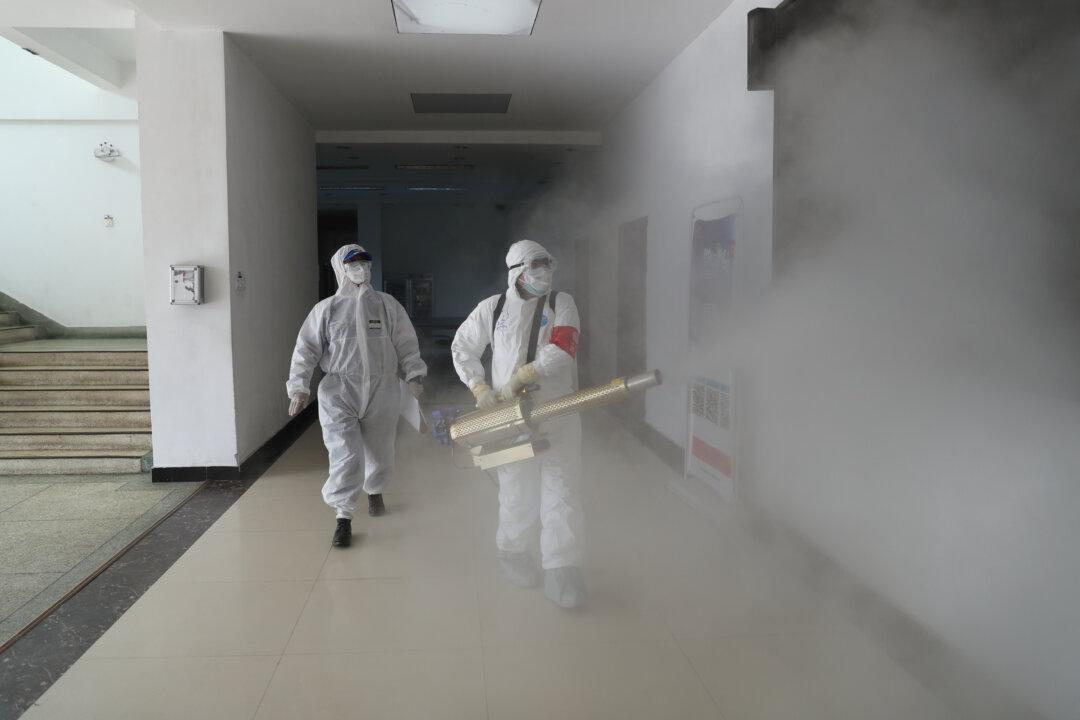Only one drug, developed by U.S.-based Gilead Sciences, has shown potential in treating symptoms of the new coronavirus, a World Health Organization (WHO) expert said on Monday.
“There is only one drug right now that we think may have real efficacy and that’s remdesivir,” Dr. Bruce Aylward, an expert from Canada who is leading a team in China trying to find questions to lingering mysteries surrounding the new virus, told reporters in Beijing.





